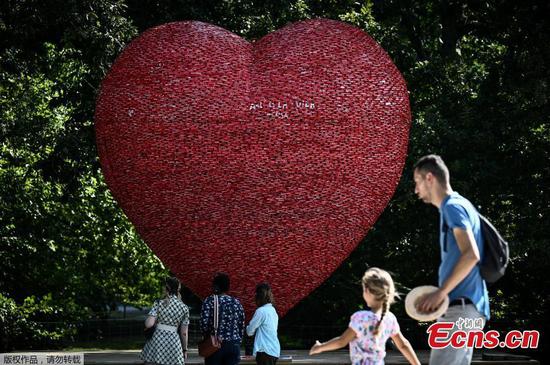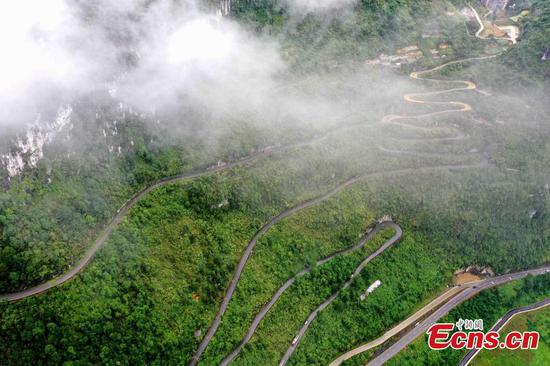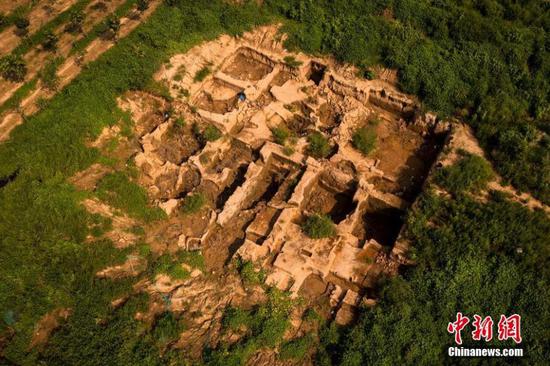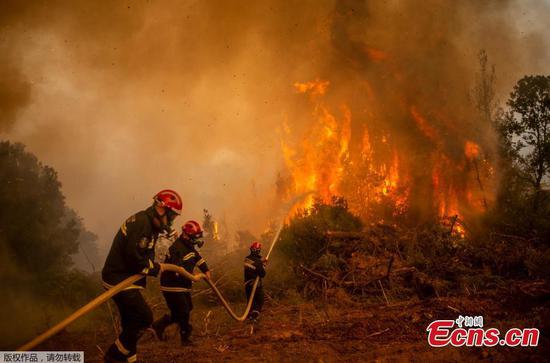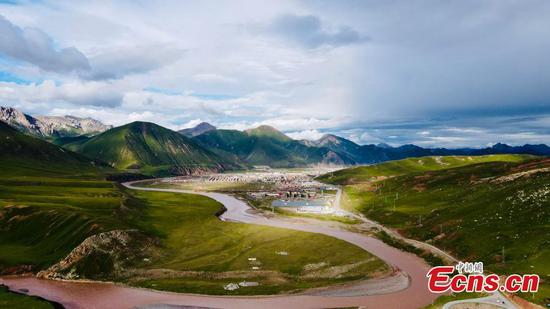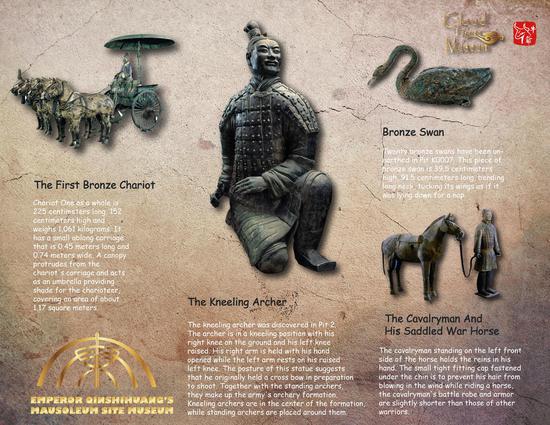Relief workers in Afghanistan are determining the needs of 18.4 million people out of the nearly 40-million population as fighting spreads across the country, UN humanitarians said on Thursday.
"Many people are arriving in Kabul and other large cities, seeking safety from the conflict and other threats," the UN Office for the Coordination of Humanitarian Affairs (OCHA) said.
"Inter-agency assessments are ongoing in the field focusing on new displacement, conflict, floods, gender issues and protection monitoring to determine the humanitarian needs and immediate response requirements," it said. "The humanitarian community -- both the United Nations and non-governmental organizations -- remains dedicated to stay and deliver in Afghanistan, but the security environment is highly complex and challenging."
"Obviously, the situation on the ground is very dynamic," Stephane Dujarric, the chief spokesman for UN Secretary-General Antonio Guterres, told reporters at a regular briefing. "We're doing everything we can to ensure the safety and protection of our staff in this very complex situation on the ground."
He said the United Nations has almost 3,400 national staff and about 300 international staff in Afghanistan. Another 420 international staff are working remotely outside the country, many because of COVID-19.
"We are in touch with all parties to the conflict, reminding them of their responsibility, not only to protect civilian infrastructure but of the inviolability of UN premises, of the need and their responsibilities to ensure that UN staff and UN premises are kept safe," the spokesman said.









